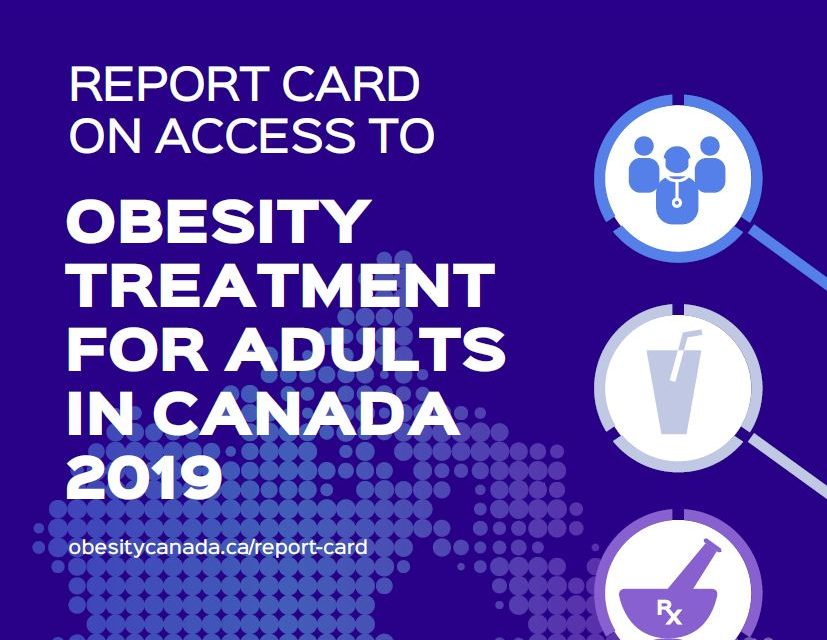In 2017, Obesity Canada released a report card on access to obesity care in Canada, and our nation failed in flying colors. Today, an updated Report Card was released, to investigate whether or not any progress has been made in access to obesity treatment in Canada over the last two years.
So, how did Canada do this time? Unfortunately, not a whole lot better.
Key points:
- Obesity is still not recognized as a chronic disease by the federal or any provincial governments.
- Obesity continues to be viewed as a self-inflicted risk factor, which negatively affects what governments or private insurance plans are willing to cover in terms of treatment.
- There is a profound lack of team management at the primary care level.
- There are only 67 American Board of Obesity Medicine (ABOM) – certified doctors in Canada (Canada itself does not have an obesity medicine certification program).
- People who are on medically supervised meal replacement programs have to pay out of pocket for meal replacements. In contrast, people who require nutrition formulas for other chronic medical conditions (eg cancer, diabetes, cystic fibrosis) have provincial drug benefit programs that can cover these costs.
- Anti obesity medications are not covered by provincial nor federal public drug programs, and less than 20% of private drug plans cover these treatments.
- Bariatric surgery is available to one in 171 adult Canadians living with severe obesity per year. This is marginally better than in 2017 (at that time it was 1 in 183). There is great inequity across the country: In Quebec, access in 1 in 96; in Nova Scotia, it is 1 in 1,073.
- People referred to bariatric surgery wait for up to eight years before meeting a specialist or receiving surgery (typical wait time is 2+ years in most provinces).
SO….. is there any good news??
- Some provincial and territorial governments are prioritizing obesity prevention efforts. (But what about the two thirds of Canadian adults, and one third of children, already living with overweight or obesity?)
- 80 healthcare professionals have now received the Certified Bariatric Educator designation offered by Obesity Canada (this includes primarily dietitians, RNs, pharmacists)
- Canada’s 2019 Food Guide was released – and the Guide itself is a great improvement over the previous version – but it lists obesity as a risk factor for chronic disease, rather than a chronic disease in and of itself.
So overall, while some improvements have been seen, Canada still gets Fs on its report card in most categories and in most provinces.
BOTTOM LINE: We still have a long way to go, and we need to keep our foot hard on the gas pedal to advocate for better access to obesity care in our country.
CALL TO ACTION: Click here for instructions on how to send a letter to your federal and provincial members of parliament, via an online platform on the Obesity Canada website. Our objective is to raise awareness among all levels of government that Canada needs to do more to support people living with this disease. We (Obesity Canada) hope we can count on you to add your name and to share our call to action with colleagues, friends and family!
Follow me on twitter! @drsuepedersen
www.drsue.ca © 2019












